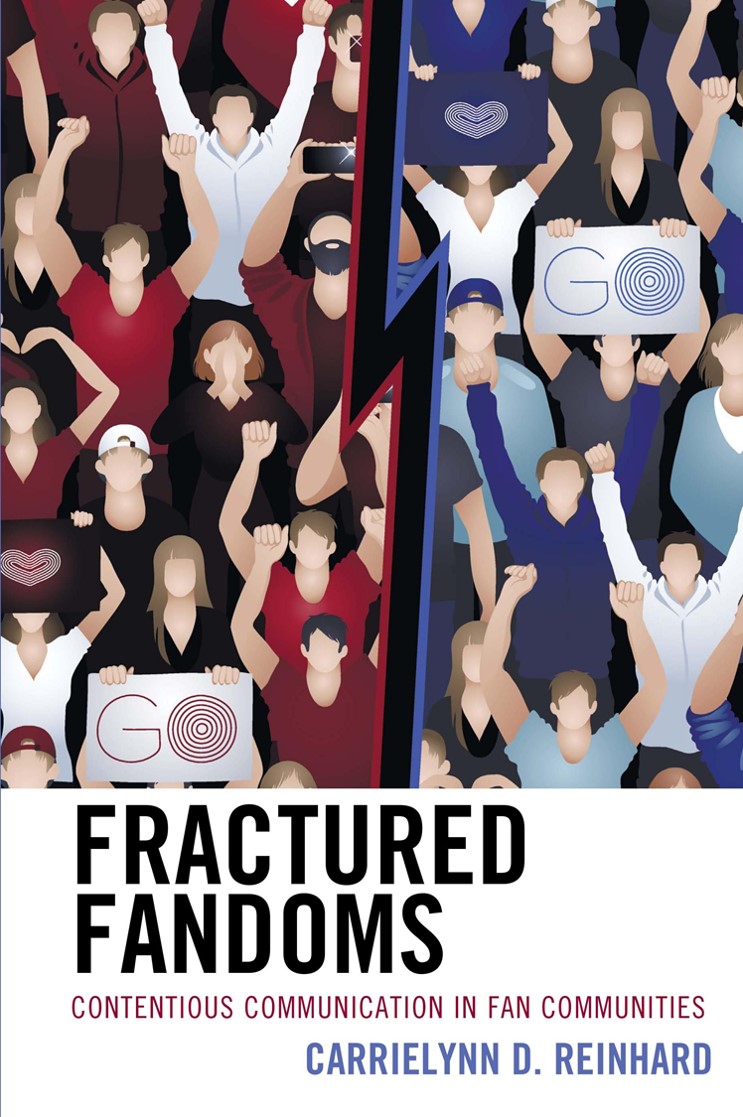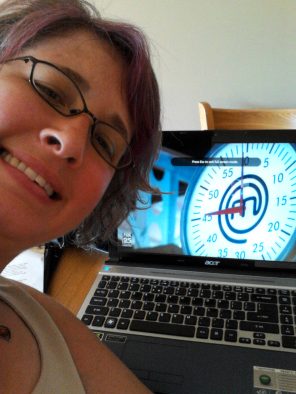Day 5: Wednesday, June 25th
A normal academic conference might go for three, four days. A big one could be upwards of five days. Each day would have numerous panels and presentations scheduled, giving you the opportunity to go where you want, when you want, for however long you want. And if you want, they tend to be held in city centers, allowing you the chance to get away from the conference and decompress amongst the “real world.”
Collegium, apparently, does not work that way.
This has been day five with another full day to go. Aside from a two-hour retreat yesterday to a wildlife sanctuary, we have been on this beautiful campus of College of the Holy Cross. While the college is near the city of Worcester (which turned out to be far bigger than I had anticipated), it is not exactly considered to be in walking distance. Aside from this somewhat inconsequential logistic issue, our schedule has been packed with group discussions, lectures, social events, reflection periods, etc. I am up at 6am to shower and read, then breakfast, and we are off and running until dinner.
Tonight was the scheduled chance to take a break from the schedule. Some people went to Boston. Others went to Worcester. I, having only had three hours of sleep the night before, decided I needed to completely decompress. I ordered Chinese delivery and am watching Master Chef as I type this. The interesting thing is the fortune that came with my meal: “Love lights up the world.” Now that is an interesting message from the universe…
If I were a Catholic, then I would even see it as a sacrament. As it is, it makes me miss my partner all that more, and to look forward to being with him again on Friday. It also relates to our material for the day, on how to make the transition from the sacramental imagination to actually teaching and having an impact on our students so they can impact the world around them. If the Catholic mission and identity is improve the world through God’s love, then the students, religious or not, would be asked to be the bearers of this love in the world — to be the light in the darkness of our times.
Today we discussed the tenets of Catholic social teaching and how to apply these tenets in our institutions and classrooms. Our guest lecturer had ten such tenets to discuss, from the importance of recognizing the dignity of all humans to a focus on developing ongoing transformations in the people and the world around us. As we went through each tenet, some sparked more ideas than others. I want to share some of those here.
In discussing the common good, one of the most important ideas for my life brought up an idea for application in my classrooms. What I could do, for either a face-to-face or online class, would be to encourage discussion about what would constitute the common good of that class. Through a social construction, the students could negotiate and define what is going to be important to them in producing a goal-oriented, interdependent experience for that term. Perhaps such an approach would produce community by helping them determine what they are all there for, and how they could all work together — what they could each individually bring to the class — to make that common good realized.
In discussing the issue of transformation, we carried on what the lecturer said into our group discussion, where we wondered how we could utilize community-based or service learning projects to help them self-reflect and transform themselves. Our guest mentioned that transformation does not have to be religious or ideological — missionary conversion should not be a goal. Instead, we should seek intellectual, moral, and perhaps even affectual, transformation in our students. However, as psychology tells us, no external agent can be the cause of another person’s transformation. All we could do is to provide the information, the experiences, the context within which a person is able to transform.
What we as teachers and as faculty members at our institutions can then do is to create such possibilities for our students. Those could be class projects, special study abroad programs, alternate breaks, etc. If we want our students to experience how they can have an impact in the world — to understand how social justice works in action — and to possibly be transformed in the process — then we need to be creating these opportunities and holding students responsible for reflecting on the opportunities.
At my university, we have been discussing the implementation of an e-portfolio system as a requirement for students. Over the course of their college careers, students would put into this portfolio all of their work from their numerous courses. The goal would be for students to utilize this collection at the end of their college career so as to see just how far they have come: how much they have changed, recognize what has impacted them, see patterns and trends that identify who they are. This portfolio could help students prepare resumes, but, more importantly for a Catholic institution, it could help students identify what their calling is. With the proper reflection, a student could see where life is leading him or her — what path to walk that will make him or her happiest and be of the most use to his or her community.
It is an interesting possibility, but it is only one, and needs to be part of a strategy by the university to create a series of opportunities across the student’s college career that integrate and stress the importance of social justice and transformation. I know in my own communication classes, I have students address real world issues in their design and production projects, and I am seeking ways to create more community-based learning. And, as another example of an interesting coincidence today, a colleague sent me a suggestion for how to do such an integration in a public speaking class.
In thinking about it, today’s theme for me was integration. At day five, it feels like this Collegium has taught me the importance of integrating different elements and experiences of our institutions together. We need to integrate mission and identity with academia and the real world. We need to integrate our scholarship with our public commitment. We need to integrate our students with one another, across their courses, and with our diverse faculty. we need to bring together the development of intellect with affect and morals. We must consider how to integrate the ideals of service and vocation with the desire for professions and success.
Overall, perhaps because of my own research interest and thus scholarly lens, but to me this all means convergence. This all means that again, in our modern era, we are seeing the need to converge what might before have seemed to be disparate positions. I do not think that this drive for convergence that we see across our society, culture, and technology is because of a need for reductionism or efficiency. I think it is because we recognize that having a plurality existing simultaneously in one space can help us to learn, to expand our horizons, to become better.
Or maybe that is just the Chinese food and the hopeful statement about the importance of love in the world talking. Or seeing someone make roasted Brussel sprouts with bacon and pine nuts on Master Chef.
But, I like to think that after all this time here, maybe there is something more to that idea — that convergence is a power we can utilize for transformation. More contemplation is required on that one.
Day 1 is here.
Day 2 is here.
Day 3 is here.
Day 4 is here.
Final Day is here.


